Another week, another crisis for the RSPCA Assured scheme.
The so-called high animal-welfare food standards has come under fire yet again after more alarming undercover footage from activists on an RSPCA Assured farm came to light.
The latest gruesome exposé, from Veganuary founder Matthew Glover on Friday, revealed pigs drinking unclean water and walking around in inches of faeces, some with large growths on their bodies and one missing an eye, on a farm near Bridgwater in Somerset.
Glover has accused the RSPCA of ‘welfare-washing’ and echoed recent calls by other campaigners for the public to write to the charity and urge it to scrap its flagship certification scheme.
Concerns regarding the efficacy of the scheme have been mounting for some time but have recently hit fever pitch, with Queen guitarist and campaigner Brian May quitting his role as vice president of the charity a couple of weeks ago citing “appallingly bad standards of animal welfare at member farms of the RSPCA Assured scheme”.
May and Glover are not alone. A recent survey by the For Charlie campaign revealed that when the public saw negative undercover footage from inside RSPCA Assured farms, some 50% thought it damaged the wider RSPCA’s reputation and went against the charity’s role in preventing animal cruelty.
RSPCA under fire
Evidence of poor treatment on farms has become increasingly difficult to ignore, with three separate investigations by campaigners alleging RSPCA Assured farms breaking scheme rules in the past three weeks alone.
So what can the charity do about this? And how can it resolve these fundamental challenges within the assurance scheme and live up to its slogan of “Protecting Animals, Enriching Lives”?
RSPCA Assured said it was quick to act once the animal welfare issues were flagged, with investigations launched and farms suspended from the scheme.
It also recently launched a more significant review of the scheme, including unannounced visits to more than 200 randomly chosen members, after hearing the concerns. The review has been described as “fine grain and comprehensive” and the findings will be shared when the organisation is able.
“Both the RSPCA and RSPCA Assured take any welfare concerns on farms very seriously – this is the sole focus of the scheme and central to the core work of the RSPCA,” said a spokesperson. “Failure to conform to the scheme standards is unacceptable.”
They’re not wrong.
However, these abuses shouldn’t be happening in so great a number, if at all. If every week another farm is revealed as breaking the rules, how many others out there are doing the same thing but are not discovered? And more to the point, are the rules even strong enough in the first place?
Many animal welfare campaigners are using the recent spate of allegations of wrongdoing as a way to further their end goal of scrapping livestock farming entirely.
And this all comes at a time when the wider farm assurance landscape is already under intense scrutiny, with an industry-wide review currently underway following controversy around Red Tractor’s disastrous Greener Farms Commitment last year, coupled with mounting concerns over ever-growing audit burdens and increasing claims these schemes are no longer relevant.
Calls for reform
While our society is so fundamentally tied to animal-based food systems, schemes like RSPCA Assured still have a vital role to play in protecting animals and reassuring customers.
But, at the moment, RSPCA Assured appears increasingly unable to do that and many are now arguing it is no longer fit for purpose. Consumer trust is clearly faltering and animals are living in poor conditions on its watch.
If evidence from the growing list of exposés is anything to go by, an entire restructure of the scheme could well be required to right these wrongs. More clearly needs to be done to keep animals safe, rather than relying on undercover investigations to reveal the extent of abuse on farms.
This all comes as the RSPCA this week urged the UK government to “prioritise and lead on” animal welfare, as the charity marked its 200th birthday. It warned the worst was yet to come for animal welfare, with climate change, the cost of living crisis, demographic changes and the loss of natural habitats leaving the future for animals “at a crossroads”.
However, it failed to acknowledge the issues with its own farm assurance scheme.
RSPCA Assured should be the flagship animal welfare certification for the food industry. Surely now it is time for the scheme to become more proactive in its work and prove to the nation it is setting the bar higher. The clue is in its name. It cannot allow cruelty towards animals to be condoned or exonerated under its name: or it has nothing to stand for.







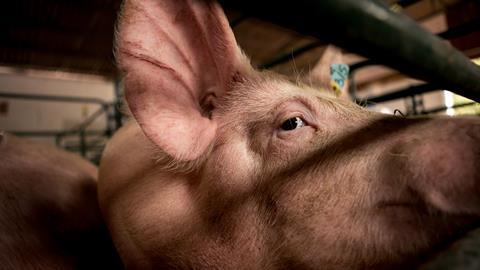
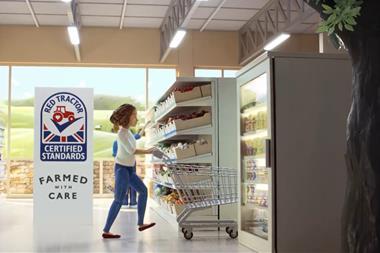
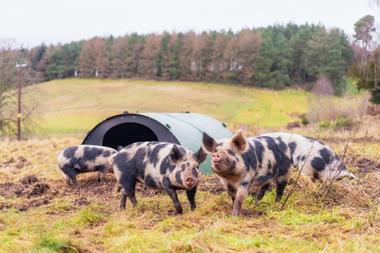
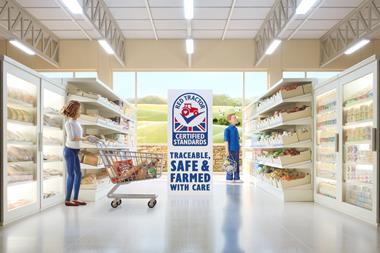
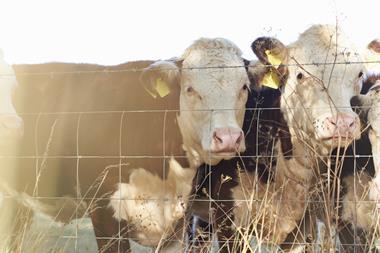
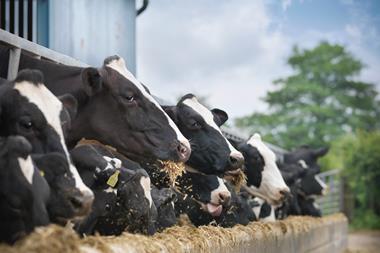
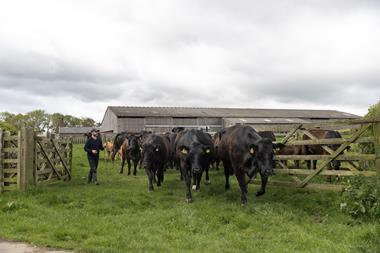






No comments yet